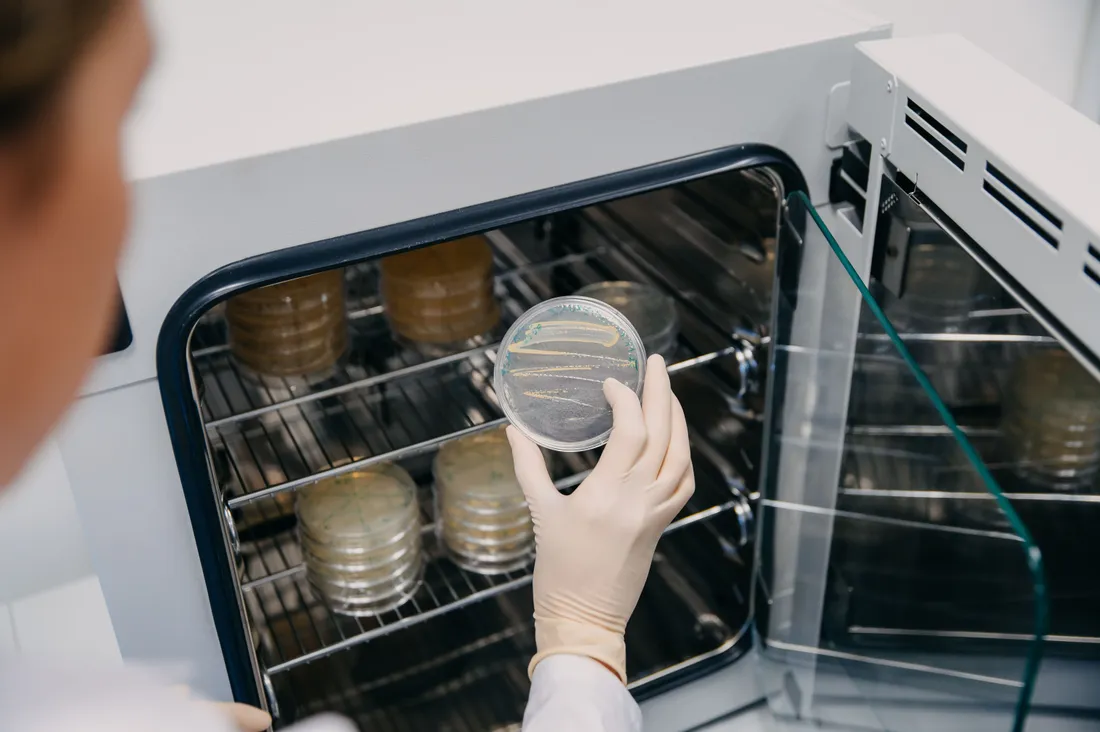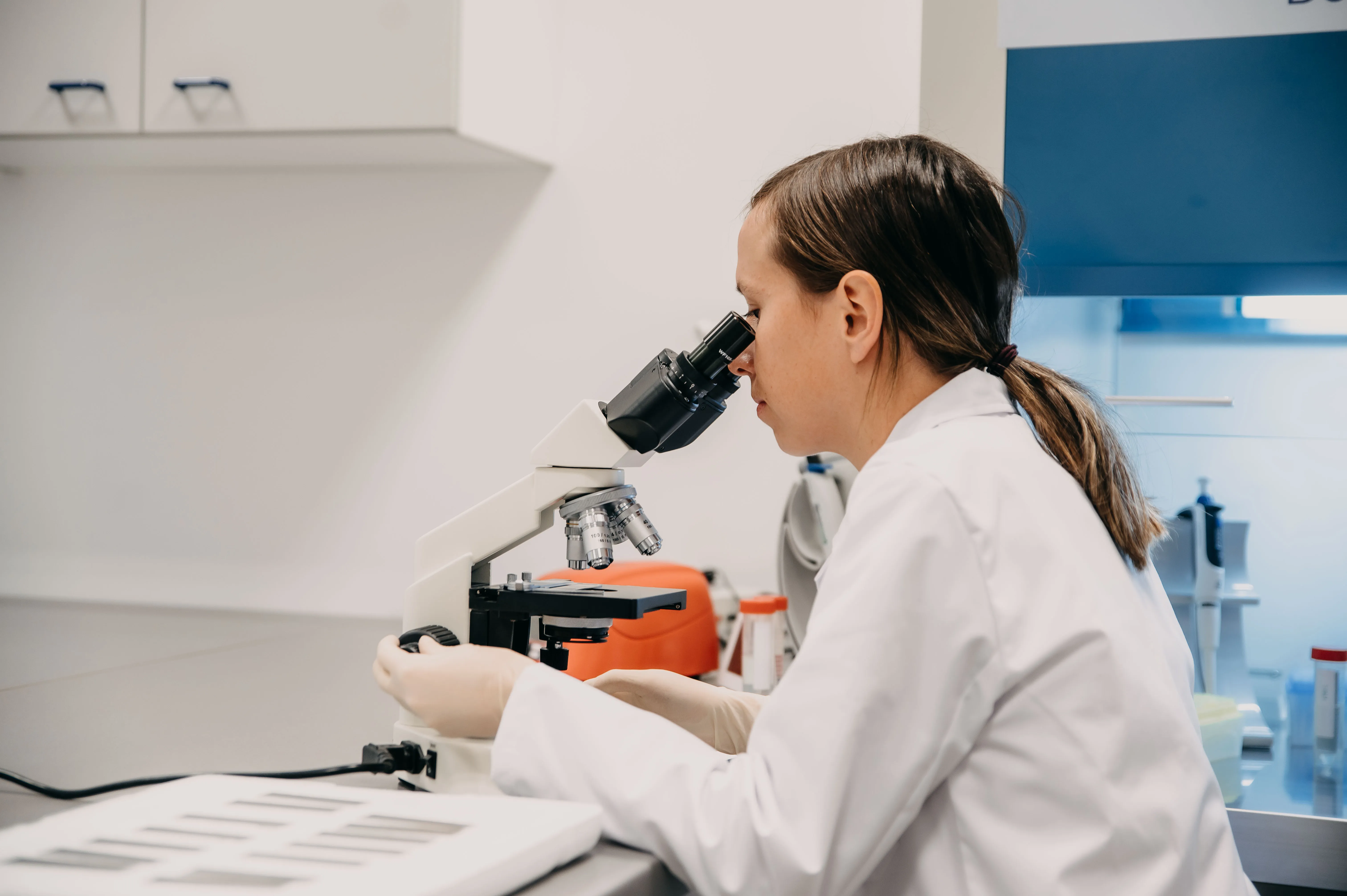
Tackling Microbial Contamination: The Power of Forensic Analysis
Contamination Control & Prevention
Microbial contamination is a major challenge across many industries—from food production to healthcare and water treatment. Invisible microbes like bacteria, fungi, and viruses can cause serious problems leading to costly disruptions, product spoilage, and health risks.
What Is Microbial Contamination?
Microbial contamination occurs when unwanted microorganisms enter and multiply in production processes, water systems, or environments. This contamination can cause:
- Reduced product quality and shelf life
- Formation of biofilms that protect microbes from cleaning
- Outbreaks of harmful pathogens threatening public health
- Violations of regulatory standards leading to penalties
The Cost of Contamination
Globally, the financial impact of microbial contamination is staggering—estimated at around $324 billion per year. These costs arise from product recalls, production downtime, increased cleaning expenses, and legal consequences.
How Can Contamination Be Prevented?
The most effective strategy is proactive contamination control and prevention, which involves:
- Early detection: Regular monitoring to identify microbial presence before problems arise.
- Rapid response: Immediate actions to eliminate contamination sources and prevent spread.
- Maintaining hygiene: Using effective cleaning and disinfection methods to remove microbes and biofilms.
- Continuous quality assurance: Ongoing testing to ensure processes remain contamination-free.
The Power of Microbial Forensics
Microbial forensics is a specialized approach that helps trace contamination back to its source. By identifying the exact origin of microbial intrusion, industries can:
- Target interventions precisely rather than relying on guesswork.
- Avoid repeated contamination cycles by eliminating root causes.
- Save time and money by focusing on the true contamination hotspots.
Microbial forensics combines advanced sampling, lab analysis, and data interpretation to map contamination pathways in complex systems.
Industries That Benefit from Contamination Control
Many sectors face risks from microbial contamination, including:
- Food and beverage production
- Pharmaceutical manufacturing
- Healthcare and medical facilities
- Water utilities and treatment plants
- Chemical industries
Each industry requires tailored contamination prevention strategies suited to its specific processes and regulatory requirements.
In summary, microbial contamination is a costly and hidden threat that demands a proactive and forensic approach to control. Early detection, rapid action, and targeted interventions can save industries millions and protect public health.
If you’re interested in learning more about microbial forensics or contamination prevention best practices, feel free to reach out to experts in the field who can guide you toward effective solutions.
